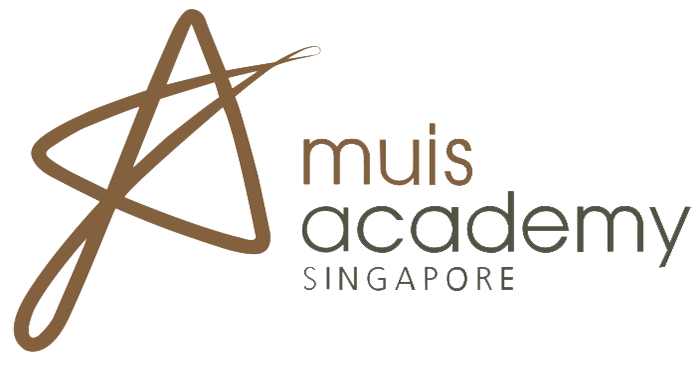Multiculturalism Conference 2010


The Islamic Religious Council of Singapore, in collaboration with the Faculty of Oriental Studies, Oxford University; the National Centre for Excellence in Islamic Studies, University of Melbourne; and the Department of Malay Studies, National University of Singapore, organized a 3-day conference on the theme of ‘Muslims in Multicultural Societies.’
The inaugural conference took place on 14 – 16 July 2010 in Grand Hyatt Hotel. The Senior Minister of Singapore, Mr. Goh Chok Tong was the guest of honour. In attendance, there were scholars, academics, policymakers and religious and community leaders from more than 20 countries.
Objectives
The conference served to:
-
Profile Singapore’s best practices in general and more specifically the Singapore Muslim community’s contribution to the state and in promoting Islamic values that embraces diversity.
-
Be a platform for different Muslim communities to share their experiences – models, systems and processes, and exchange ideas for further development of Muslims in multicultural societies.
-
Widen the network of international scholars and field experts
-
Deepen the engagement of the religious leadership in Singapore with
Speakers
Among the distinguished scholars who were presented at the conference:
-
Professor Tariq Ramadan
Professor of Contemporary Islamic Studies
Oriental Institute - St Antony's College,
Oxford University, United Kingdom -
Professor Sherman Jackson
Professor of Arabic and Islamic Studies,
Department of Near Eastern Studies, The University of Michigan. -
Dr Feisal Abdul Rauf
Imam, and Chairman
Cordoba Initiative, New York, USA -
Professor Reuven Firestone
Professor of Medieval Jewish and Islamic Studies,
Hebrew Union College - Jewish
Institute of Religion, Los Angeles, USA
The conference addressed the following key questions:
-
What is the vision of Muslim communities living in multicultural or pluralistic societies in the future?
-
How do Muslim communities in multicultural societies, find inspiration in Islam to help them be active contributors in the development and transformation of those societies?
-
What are some of the reforms in religious thinking and practice which have facilitated this process?
-
What are the institutional and community capabilities required in various sectors (eg. education, politics, economy, cultural, etc.) to help Muslim communities in achieving that vision?
-
What are some of the successful models in institutional building and civic engagement which have facilitated the progress of Muslim communities?
-
How we do locate Islam within the larger role of religion in the context of multicultural or pluralistic societies in the future?
Five key themes covered:
-
History – Muslim historical experiences, past and present, including in diverse context and setting (i.e. majority-minority situations, secular-non-secular polity, etc.)
-
Challenges and Vision for Contemporary Muslims – Assessment of current state of affairs, issues and problems, and how to move forward
-
Islamic Thought and Reform – Dealing with tradition and change in matters governing socio-political life and state-society relations
-
Institutions and Practices – Models of community development practices in various societies and what we can learn from them
Contributions of Muslims to Society - Muslims' contributions to society in matters pertaining to social living (e.g. arts and culture, civilizational discourse etc.)
